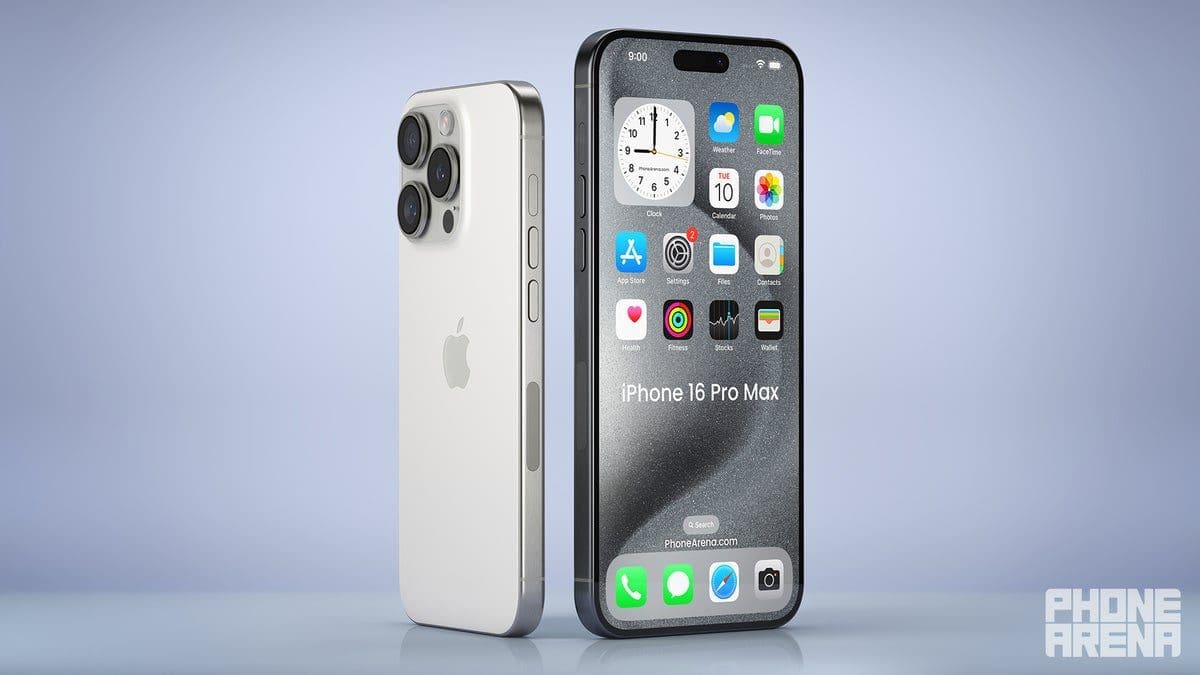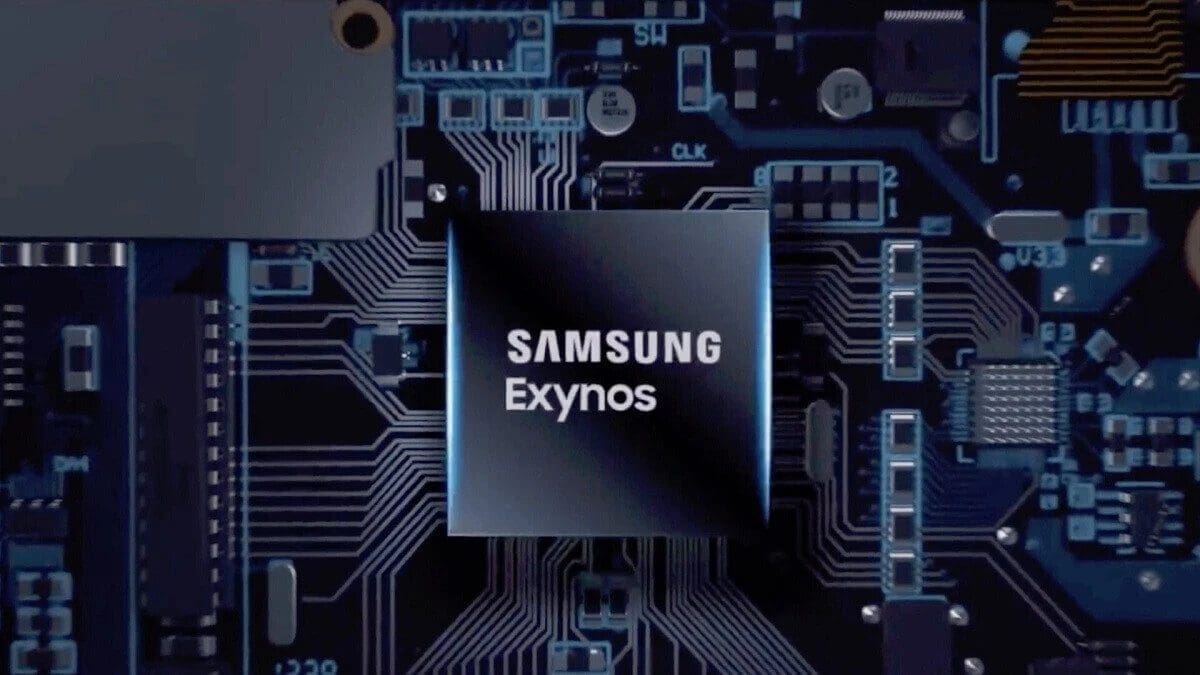In the latest iOS 17.4 update, Apple quietly introduced a feature that blocks Cellebrite machines, often used by law enforcement to unlock iPhones. This ongoing cat-and-mouse game between Apple and Cellebrite continues, with Apple tightening security measures and Cellebrite finding new ways to bypass them.
Recent reports suggest that leaked Cellebrite documentation reveals its machines are unable to unlock iPhones running iOS 17.4 or later using brute force techniques. The iOS 17.4 update specifically addressed changes required for compliance with the EU’s Digital Markets Act (DMA). As Apple gears up for the release of iOS 18 in September, we can expect even tighter security measures.
Key points to note:
– Cellebrite is working on breaking into iOS builds released since March.
– Machines are unable to unlock iPhone models running iOS 17.4 or later.
– Update your iPhone to protect against potential vulnerabilities.
Cellebrite’s brute force methods involve trying various passcodes, including important dates in the owner’s life, before resorting to more time-consuming techniques. It’s essential not to use easily guessable passcodes based on personal information.
For Android devices:
– Pixel 6 through Pixel 8 series models are secure if turned off.
– Samsung models using Exynos, MediaTek, or Qualcomm chips running Android 7-14 can be unlocked via brute force.
– Non-Samsung Android phones running Android 7-14 are also vulnerable.
Stay informed and keep your devices updated to stay ahead of potential security threats. Remember, protecting your data is crucial in today’s digital age.










